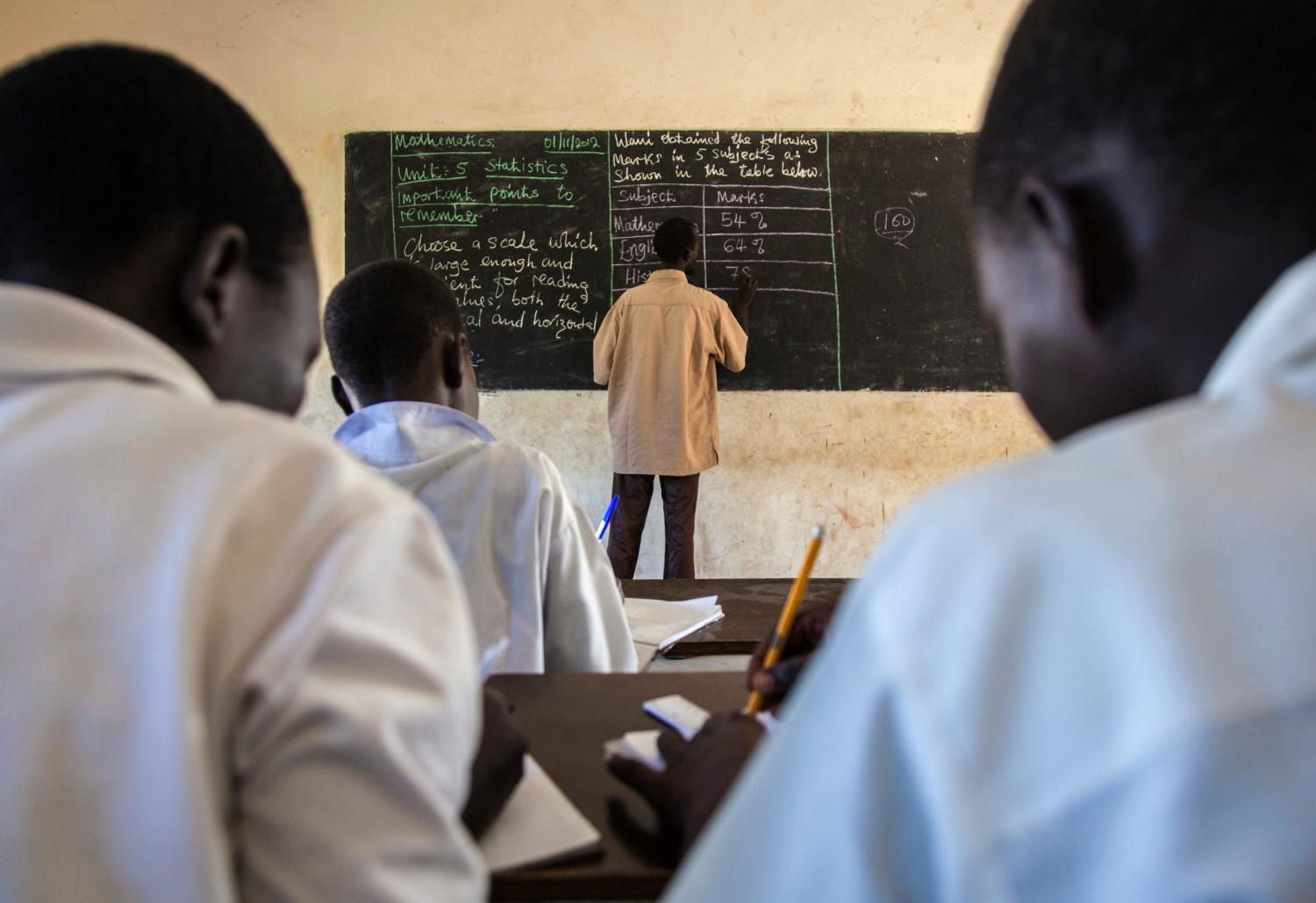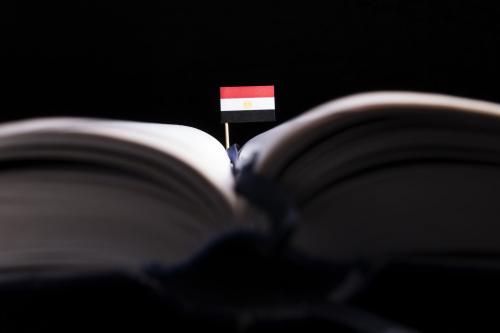INTRODUCTION
With fewer than three years until the planned end-date of the United Nations Millennium Development Goals (MDGs), attention is rapidly turning to what will follow. The elaboration of the next global development agenda is a complex, multi-pronged process that is academic, political and practical, involving experts from a myriad of social and economic sectors and representing a cross-section of constituencies. While the formal U.N. process is still in the early stages, the ongoing discourse (predominantly occurring in the global north, but not exclusively) has introduced several potential frameworks for this agenda. This paper describes the leading frameworks proposed for the post-2015 global development agenda and discusses how education and learning fit within each of those frameworks. While many within the education community are working to develop a cohesive movement to advance an “access plus learning” agenda, it remains equally important to engage proactively with the broader development community to ensure that education fits within the agreed upon overarching organizing framework.
The frameworks described below represent a snapshot of current thinking in 2012. On the road to 2015, the education community will need to refine and sharpen its thinking with respect to how learning is incorporated into the prevailing framework. The seven frameworks that will be addressed in this paper are:
- Ending Absolute Poverty
- Equity and Inclusion
- Economic Growth and Jobs
- Getting to Zero
- Global Minimum Entitlements
- Sustainable Development
- Well-Being and Quality of Life


